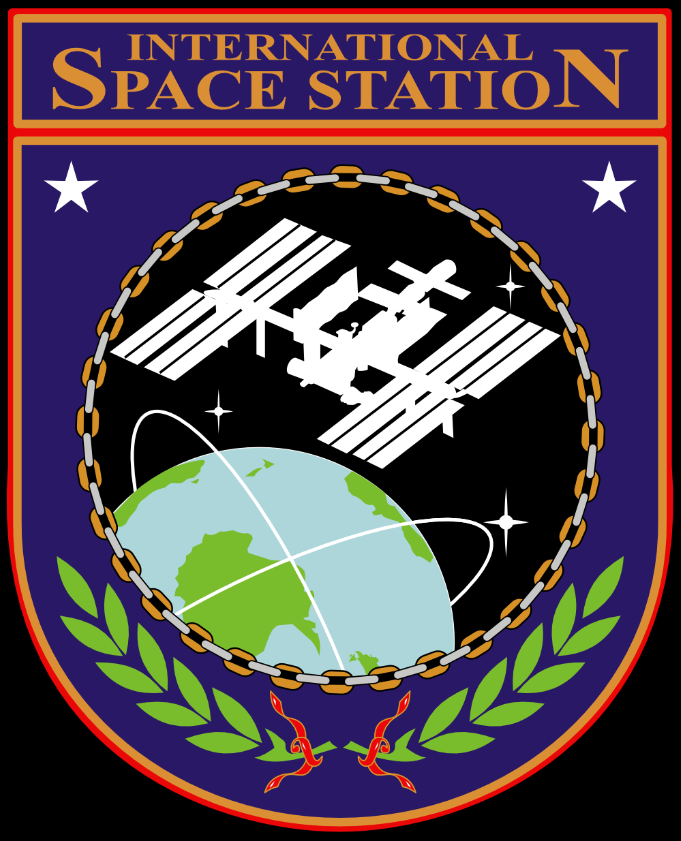The International Space Station (ISS) has been in the news lately. The first section of the ISS was launched in 1998. The ISS is the largest artificial body in Earth orbit. The ISS consists: "of pressurized modules, external trusses, solar arrays and other components. ISS components have been launched by Russian Proton and Soyuz rockets as well as American Space Shuttles." The ISS has been continuously inhabited since 2000. "The ISS serves as a microgravity and space environment research laboratory in which crew members conduct experiments in biology, human biology, physics, astronomy, meteorology and other fields."
The ISS is a joint project of five different space agencies. U.S. National Aeronautics and Space Administration (NASA), the Russian Roscosmos, the Japan Aerospace Exploration Agency (JAXA), the European Space Agency (ESA), and the Canadian Space Agency (CSA). The ISS has two sections; the Russian Orbital Segment and the United States Orbital Segment. The U.S. section is shared by many other nations. More than two hundred astronauts from fifteen different countries have visited the ISS.
China has an extensive space program and has sent astronauts on orbital missions. It is planning to build its own space station called the Tiangong. However, it has never sent astronauts to the ISS. In 2011, the U.S. Congress passed a law banning China from the ISS due to concerns over national security. A U.S. Commissions said in 2012 that China's policymakers "view space power as one aspect of a broad international competition in comprehensive national strength and science and technology." A report in 2015 from the University of California stated that ,"China’s efforts to use its space program to transform itself into a military, economic, and technological power may come at the expense of U.S. leadership and has serious implications for U.S. interests."
Critics of the law and these reports say that China has its own advanced space technology and would learn little from visiting the ISS. They point out that even though the Soviet Union was considered a severe threat during the Cold War, we still cooperated on space missions. They say that the best way to reduce any Chinese threat to utilize the exploitation of space to our disadvantage is to invite them to participate in the ISS, not to isolate and vilify them. Chinese astronauts have repeatedly said that they would like to participate in international space projects such as the ISS.
The International Association of Space Activities Participants (IASP) is an "association of enterprises engaged in space activities to enhance their economic cooperation, provide joint efforts in the implementation of joint projects, promote of products and services to the world markets, protect the rights of members of the Association, to represent them in government and other authorities, in international organizations." It is mainly a Russian led organization. The Russians support inviting the Chinese to visit the ISS. A Russian source said that in 2014, a request was received by the IASP from the Chinese for authorization to visit the ISS. The Russians agreed to the Chinese request and are currently waiting for the U.S. to agree. The U.S. told the Russians that it needed time to consider the proposal.
Considering that China has the third biggest national space program and has stated its interest in being involved in the ISS, it is ridiculous for the U.S. to continue to block their participation. The Chinese should be invited into the ISS project as soon as possible.
ISS Logo:
